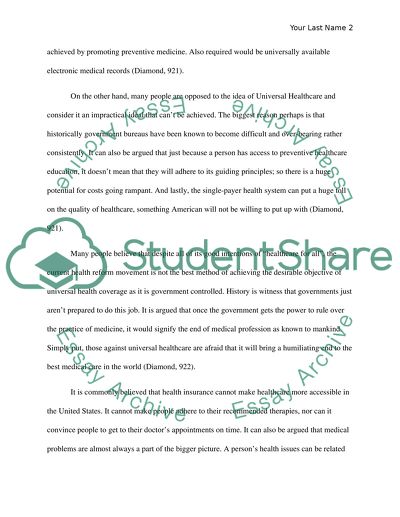Cite this document
(“The Benefits of Universal Healthcare Plan for the United States Research Paper”, n.d.)
Retrieved from https://studentshare.org/english/1454941-argument-research-paper-what-is-your-stance-on
Retrieved from https://studentshare.org/english/1454941-argument-research-paper-what-is-your-stance-on
(The Benefits of Universal Healthcare Plan for the United States Research Paper)
https://studentshare.org/english/1454941-argument-research-paper-what-is-your-stance-on.
https://studentshare.org/english/1454941-argument-research-paper-what-is-your-stance-on.
“The Benefits of Universal Healthcare Plan for the United States Research Paper”, n.d. https://studentshare.org/english/1454941-argument-research-paper-what-is-your-stance-on.


